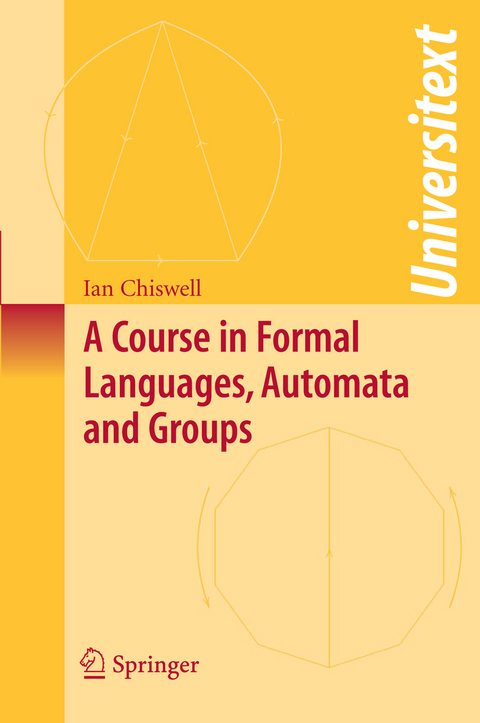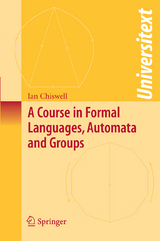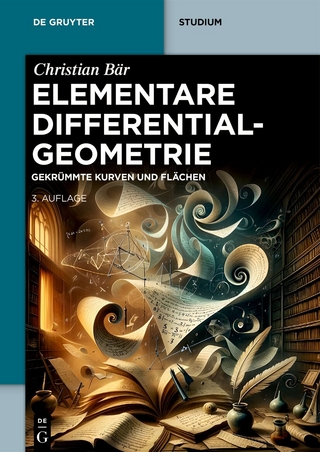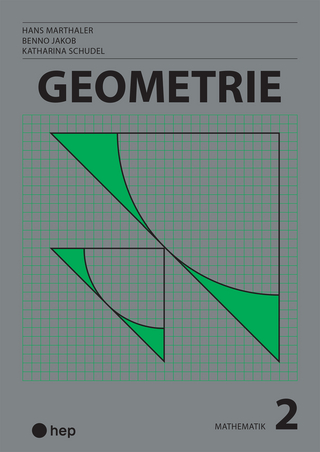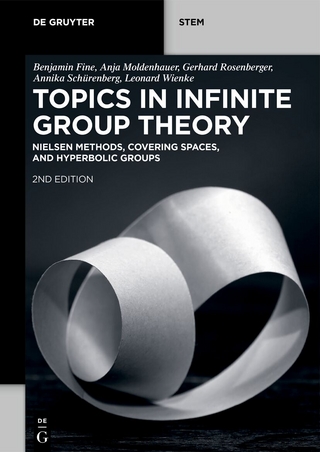A Course in Formal Languages, Automata and Groups
Seiten
2009
Springer London Ltd (Verlag)
978-1-84800-939-4 (ISBN)
Springer London Ltd (Verlag)
978-1-84800-939-4 (ISBN)
This book is based on notes for a master’s course given at Queen Mary, University of London, in the 1998/9 session. Two particular places that are heavy going are the proof at the end of Chapter 1 that a language recognised by a Turing machine is type 0, and the proof in Chapter 2 that a Turing machine computable function is partial recursive.
This book is based on notes for a master’s course given at Queen Mary, University of London, in the 1998/9 session. Such courses in London are quite short, and the course consisted essentially of the material in the ?rst three chapters, together with a two-hour lecture on connections with group theory. Chapter 5 is a considerably expanded version of this. For the course, the main sources were the books by Hopcroft and Ullman ([20]), by Cohen ([4]), and by Epstein et al. ([7]). Some use was also made of a later book by Hopcroft and Ullman ([21]). The ulterior motive in the ?rst three chapters is to give a rigorous proof that various notions of recursively enumerable language are equivalent. Three such notions are considered. These are: generated by a type 0 grammar, recognised by a Turing machine (deterministic or not) and de?ned by means of a Godel ¨ numbering, having de?ned “recursively enumerable” for sets of natural numbers. It is hoped that this has been achieved without too many ar- ments using complicated notation. This is a problem with the entire subject, and it is important to understand the idea of the proof, which is often quite simple. Two particular places that are heavy going are the proof at the end of Chapter 1 that a language recognised by a Turing machine is type 0, and the proof in Chapter 2 that a Turing machine computable function is partial recursive.
This book is based on notes for a master’s course given at Queen Mary, University of London, in the 1998/9 session. Such courses in London are quite short, and the course consisted essentially of the material in the ?rst three chapters, together with a two-hour lecture on connections with group theory. Chapter 5 is a considerably expanded version of this. For the course, the main sources were the books by Hopcroft and Ullman ([20]), by Cohen ([4]), and by Epstein et al. ([7]). Some use was also made of a later book by Hopcroft and Ullman ([21]). The ulterior motive in the ?rst three chapters is to give a rigorous proof that various notions of recursively enumerable language are equivalent. Three such notions are considered. These are: generated by a type 0 grammar, recognised by a Turing machine (deterministic or not) and de?ned by means of a Godel ¨ numbering, having de?ned “recursively enumerable” for sets of natural numbers. It is hoped that this has been achieved without too many ar- ments using complicated notation. This is a problem with the entire subject, and it is important to understand the idea of the proof, which is often quite simple. Two particular places that are heavy going are the proof at the end of Chapter 1 that a language recognised by a Turing machine is type 0, and the proof in Chapter 2 that a Turing machine computable function is partial recursive.
Preface.- Contents.- 1. Grammars and Machine Recognition.- 2. Recursive Functions.- 3. Recursively Enumerable Sets and Languages.- 4. Context-free language.- 5. Connections with Group Theory.- A. Results and Proofs Omitted in the Text.- B. The Halting Problem and Universal Turing Machines.- C. Cantor's Diagonal Argument.- D. Solutions to Selected Exercises.- References.- Index.
| Erscheint lt. Verlag | 6.2.2009 |
|---|---|
| Reihe/Serie | Universitext |
| Zusatzinfo | 30 Illustrations, black and white; IX, 157 p. 30 illus. |
| Verlagsort | England |
| Sprache | englisch |
| Maße | 155 x 235 mm |
| Themenwelt | Mathematik / Informatik ► Mathematik ► Geometrie / Topologie |
| ISBN-10 | 1-84800-939-9 / 1848009399 |
| ISBN-13 | 978-1-84800-939-4 / 9781848009394 |
| Zustand | Neuware |
| Haben Sie eine Frage zum Produkt? |
Mehr entdecken
aus dem Bereich
aus dem Bereich
Gekrümmte Kurven und Flächen
Buch | Softcover (2024)
De Gruyter (Verlag)
54,95 €
Nielsen Methods, Covering Spaces, and Hyperbolic Groups
Buch | Softcover (2024)
De Gruyter (Verlag)
109,95 €
